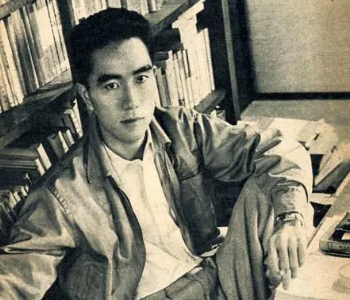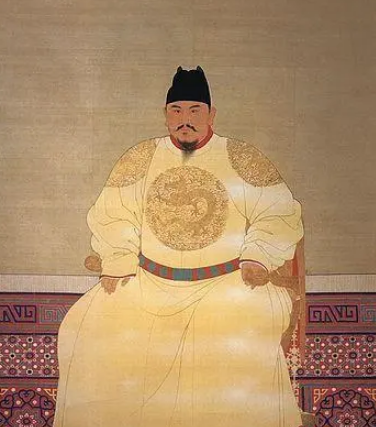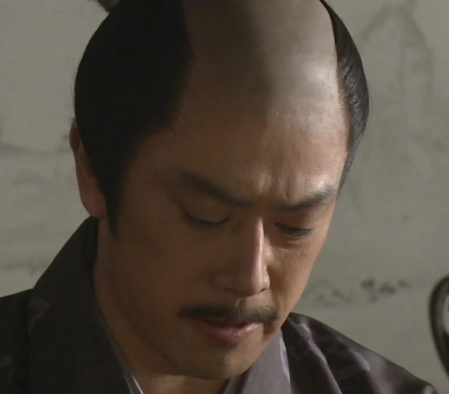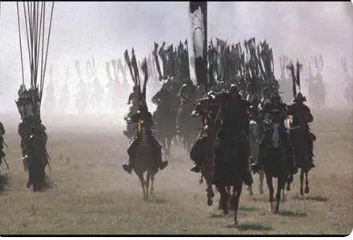In Chinese history, the Qing Dynasty is an era with unique charm. It not only had rich cultural and artistic traditions, but also possessed a vast and complex bureaucratic system. So, what was the real officialdom life like in the Qing Dynasty? This article will take you to explore it.

First, we need to understand the officialdom structure of the Qing Dynasty. In the Qing Dynasty, officials were divided into nine ranks, from the first rank to the ninth rank, with strict regulations and restrictions for each rank. The first-rank officials were usually important ministers of the court, such as prime ministers and ministers of State; while the ninth-rank officials were grassroots officials, such as county magistrates and prefecture governors. In this vast bureaucratic system, each official had their own duties and powers.
In the officialdom life of the Qing Dynasty, the imperial examination system was the main way to select officials. People who passed the imperial examinations could obtain corresponding ranks and official positions. However, this did not mean that they could immediately obtain real power. In practice, officials needed to use various means to compete for power and status. These means included pulling strings, giving gifts and bribes, and attaching themselves to powerful figures. This phenomenon was very common in the officialdom of the Qing Dynasty and was also a major feature of officialdom life.
Apart from power struggles, the officialdom life of the Qing Dynasty was also constrained by strict rules. Officials needed to abide by various etiquette and behavioral norms, such as dressing neatly and speaking and acting appropriately. In addition, they also needed to follow certain political positions and loyalty. In the Qing Dynasty, the emperor had strong control over officials, and once they violated the emperor's interests or went against the emperor's wishes, they might face severe punishment. Therefore, in the officialdom life of the Qing Dynasty, officials needed to be vigilant and cautious at all times.
However, despite the power struggles and rule constraints in the officialdom of the Qing Dynasty, there were also some positive aspects. Many officials were committed to serving the people and improving their livelihoods. They made many contributions in local governance, education, culture, and other aspects. At the same time, the officialdom of the Qing Dynasty also emerged a group of talented individuals, such as the literary scholar Ji Xiaolan and the historian Zhang Xuecheng. These people's achievements added splendor to the culture and history of the Qing Dynasty.
In summary, the officialdom life of the Qing Dynasty is a complex and multifaceted phenomenon. It has both the dark side of power struggles and rule constraints, as well as the bright side of serving the people and talented individuals. Through exploring the officialdom life of the Qing Dynasty, we can gain a deeper understanding of the history and culture of this era. At the same time, it also reminds us to cherish a fair and equitable environment in modern society and stay away from corruption and improper winds.
Disclaimer: The above content is sourced from the internet and the copyright belongs to the original author. If there is any infringement of your original copyright, please inform us and we will delete the relevant content as soon as possible.































